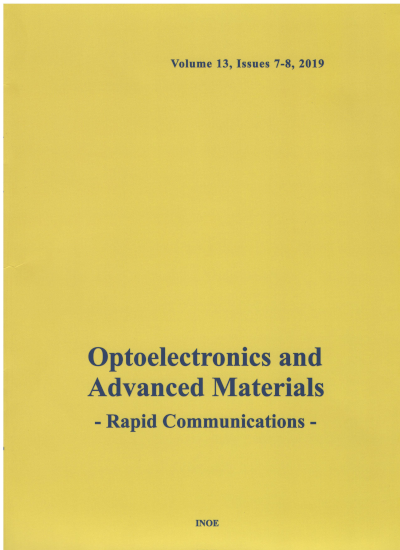Abstract
The effects of residual stress on fiber optic extrinsic Fabry-Perot interferometric (EFPI) sensors for detecting the acoustic signals of partial discharges (PDs) were investigated using the finite element method (FEM). Results indicate that the residual stress in the vibrational membrane may change the natural frequency of the membrane, which would subsequently cause the deviation in the designed performance of the EFPI sensor, including the responsive displacement of the membrane, as well as the sensitivity and resolution of the sensor. According to the design, when the residual stress in the membrane exists, the residual tensile stress makes the responsive sensitivity of the membrane for the EFPI sensor to be increased by 0.017 nm/kPa/MPa (on average) and resolution to be decreased by 0.07 Pa/MPa, while the residual compressive stress takes effect oppositely, as -0.008 nm/kPa/MPa and +0.085 Pa/MPa, respectively..
Keywords
Fabry-Perot sensors, Residual stress, Vibrational membrane, Partial discharges.
Citation
WENRONG SI, HAOYONG LI, CHENZHAO FU, PENG YUAN, YITING YU, Essential role of residual stress in fiber optic extrinsic Fabry Perot sensors for detecting the acoustic signals of partial discharges, Optoelectronics and Advanced Materials - Rapid Communications, 11, 11-12, November-December 2017, pp.637-642 (2017).
Submitted at: Feb. 7, 2017
Accepted at: Nov. 28, 2017
